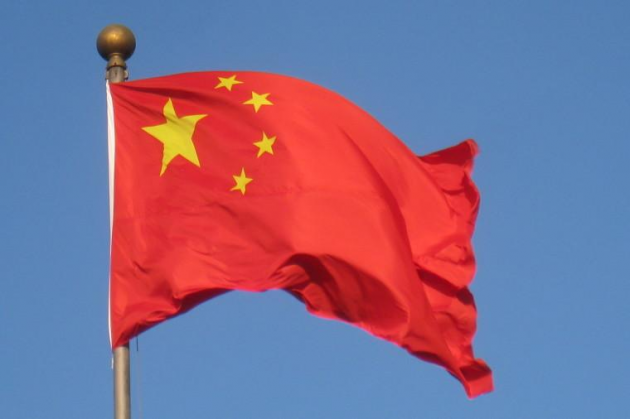China squeezes US companies over cybersecurity: Requests pre-approval and source code
A new problem in China has cropped for American businesses operating in the country. US business lobbies have raised major concerns over the latest demand by the Chinese government that American companies telling technology to banks in China provide the encryption algorithms used and other secrets of their software.
Increased Cybersecurity Laws to Tie The Hands of Foreign Interests in China
The new cybersecurity regulations for dealing with Chinese banks comes on the back of continues hacking attempts by teams inside China tasks with penetrating US assets on American shores. Rather than being open to new business opportunities, the Asian powerhouse continues to close ranks around local technologies to give themselves the edge. Email services like Outlook.com and Gmail have come under attack and blocking lately including the restriction of VPN use to try to get around local intenet access restrictions.
American Chamber of Commerce & 17 Business Groups Up In Arms
The American Chamber of Commerce situated in China and 17 business groups representing US business interests have all requested urgent discussions with the Chinese government in Beijing in order to discuss these latest outrageous request for disclosure of encryption and software secrets.
China Gone From Stealing Secrets To Asking For Them Politely
The request by the Chinese is particularly upsetting because the Chinese are known for hacking into American businesses and agencies attempting to discover secrets and get around encryption so the same people asking for American businesses to just hand over this same information sticks in the throat those involved.
A letter sent out to China cybersecurity policy group recently complained that the security testing by Chinese banks would be intrusive and require the disclosure of intellectual property.
Cybersecurity A Hot Topic for US-China Relations
Cybersecurity has been a hot issue for some time between America and China. Companies like Cisco on the networking side and Microsoft on the software side are being asked to submit software and products for security checks.
China Blocking All It Can
Beijing increasing is taking the stance that foreign social media is unwelcome in mainland China. Foreign email services are being blocked repeatedly curtailing communications between Chinese citizens and foreign workers with colleagues and businesses abroad.
Previous Issues With Data Catching on either side
In this latest affront, China is suggesting strongly that using American software is dangerous because it may be spying on the Chinese people. However, this is not unlike the US government suggesting that companies like Huawei were manufacturing network equipment that would allow Chinese intelligence to access American know-to.
Extensive Requirements for Foreign Technology Vendors
The cyberspace policy group finalized a 22-page document that is to be used for foreign technology vendors. The requirements include the actual raw source code for software that is sold around the world which could allow the Chinese to copy chunks of code and distribute it freely in a country where counterfeit software is already rife. For software companies, the new requirement is outrageous.
The requirements for computer equipment vendors wishing to trade inside China include the need to create research and development operations in China, obtain worker permits for servicing technology, and providing open communication ports to monitor the communications that the hardware processes.
The type of data encryption to be used in the products sold will need to be changes from a proprietary one to a state supplied encryption from the Chinese government which will enable them to monitor future uses of network hardware and software. The ultimate back-door.
US Previous History of Adding Spying Code to US Software Doesn't Help
Revelations from Edward Snowden that the NSA arranged to have spying code added to hardware and software distributed in China has no doubt led to suspicion and the latest move by the Chinese to gain greater control on equipment and software used within their country.

